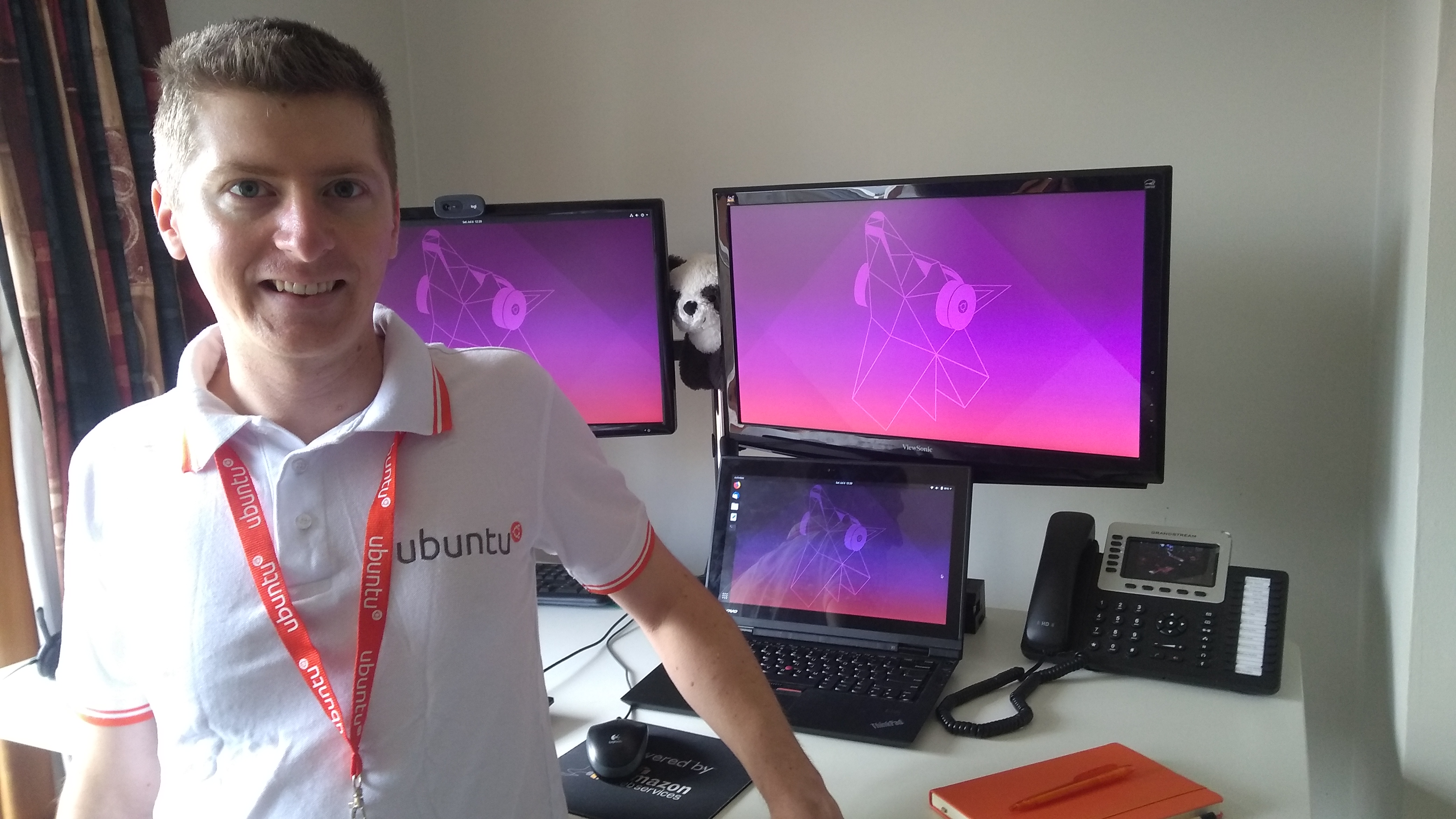A few months ago I made one of the largest decisions in my life - to leave my PhD position at the University of Canterbury and go out into the world and get a job.
I am wonderfully excited to announce that I am now a Sustaining Engineer at Canonical, the company which sponsors Ubuntu Linux.

I started on the 11th of March 2019, and the last four months I have settled into my role nicely.
Why Canonical?
Canonical as a company tries to work out in the open and involve the community in decision making as much as possible. I think this is very cool, and is something very rare in this day and age.
All code repositories for packages are open, all the work on specific bugs are open and publicly visible on launchpad, and it allows everyone to get a clear insight on how Ubuntu is developed as a whole.
Canonical also have a strong mantra of hiring the best person for the job no matter where they are in the world, which means much of the company works remotely. I have come to really enjoy working remotely, as I find it easier to concentrate on the task at hand when I am in my quiet home.
I keep in constant contact with my team on IRC and we regularly chat on group video conferencing, so I feel pretty integrated into the team.
Canonical also bring teams together twice a year for “sprints”, where everyone flies to a destination for a week of talks, working together and team building.
I’m totally looking forward to that when the time comes.
What Does a Sustaining Engineer Do?
Sustaining Engineers understand and debug complex problems that arise in customer deployments, engineer fixes, thoroughly test and validate that the problem is solved, and then go about releasing a fix to Ubuntu users and to upstream as a whole - so the entire community can benefit from stability and bugfixes developed.
I am a kernel / server engineer, which means my areas of specialty are kernel issues and userspace application issues.
I spend a lot of time looking at kernel oops messages and performance degradation, developing fixes for them and getting them released.
A lot of the problems customers have are in cloud environments, which is why I have taken an interest to learn what cloud services are all about, and you can expect more blog posts to come about the topic in the future.
I will probably write about some of the more interesting fixes I have worked on from time to time, so keep an eye out!
The Future Looks Bright (and Orange)
A little over a year ago I started thinking about leaving my PhD and pursuing a career. I really had no idea where it would take me, but I can safely say that everything has turned out well, and I am extremely happy.
I plan to keep talking at conferences, since my talk at Linux.conf.au this year was a blast. I plan to keep writing technical blog posts. I have even been tempted to build another Linux distro. Things are looking up, and the future is bright.
For now, I’m going to keep having fun and developing my kernel debugging and dev skills with Canonical, and I’m sure the next few years will be amazing.
Thanks for reading! If you have any questions, feel free to contact me.
Matthew Ruffell